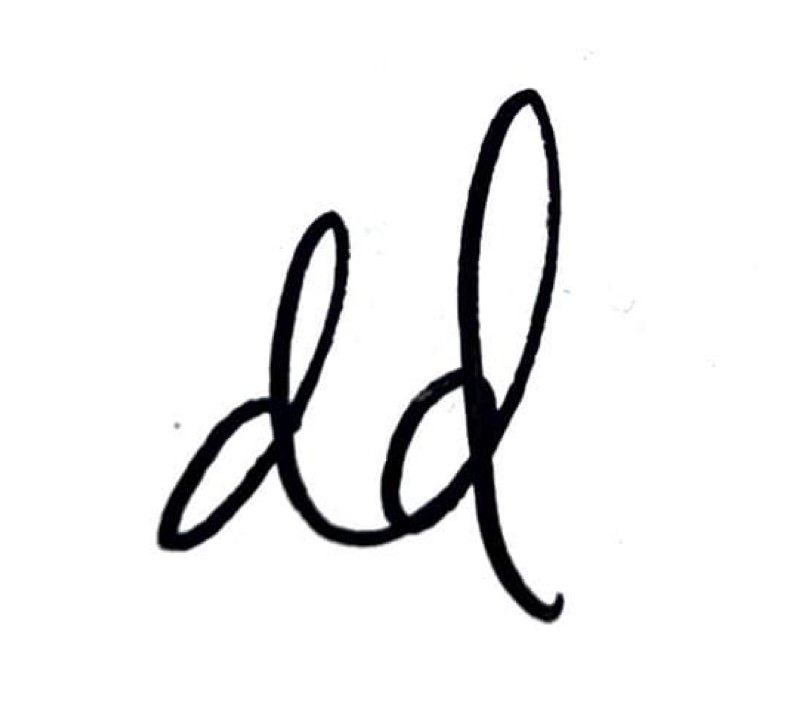After recovering from my eating disorder in 2016, I realized just how powerful support can be. I often think about how much a coach could have helped me—and that’s what inspired me to become one.
Working with professionals who had been there themselves made all the difference in my recovery. Their understanding felt real and relatable, and it showed me the kind of impact lived experience can have.
In my experience, recovery is really hard to do alone—and you shouldn’t have to. The right support team can help guide you back to a healthy, fulfilling life.
I remember dreaming of a life that wasn’t consumed by my eating disorder—and now I love helping others see that it’s truly possible.
Today, as a certified eating disorder coach, I’m honored to walk alongside others on their own journeys to healing.
What is Eating Disorder Coaching?
Eating disorder coaching provides practical, day-to-day support to help you work toward recovery goals. Coaching is not therapy—it complements your team, like a therapist and dietitian—by offering accountability, encouragement, and real-life tools.
How I Support You
I work virtually with clients around the world through one-on-one or small group sessions. My focus is on helping you:
Set and reach realistic recovery goals
Shift daily habits and behaviors
Explore motivation and core values
Navigate meals and challenging situations
Practice self-compassion and coping tools
Coordinate with your treatment team
Get extra support via text or email when needed
Every client is different, so I tailor our work to your needs.
Session Info
Format: Virtual via Zoom or phone
Length: 50 minutes weekly, or 30-minute sessions twice a week
Most popular package: 5 sessions + support between sessions
Required materials:
8 Keys to Recovery from an Eating Disorder & the workbook
Before we start, you’ll review and sign a simple coaching agreement.
Recovery is achievable—let’s make it happen together.
Defining recovered: "Being recovered is when the person can accept his or her natural body size and shape and no longer has a self destructive or unnatural relationship with food or exercise. When you are recovered, food and weight take a proper perspective in your life, and what you weigh is not more important than who you are, in fact, actual numbers are of little or no importance at all. When recovered, you will not compromise your health or betray your soul to look a certain way, wear a certain size or reach a certain number on a scale. When you are recovered, you do not use eating disorder behaviors to deal with, distract from, or cope with other problems."


